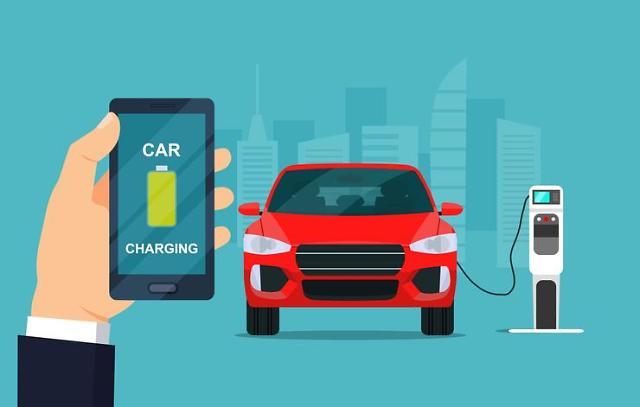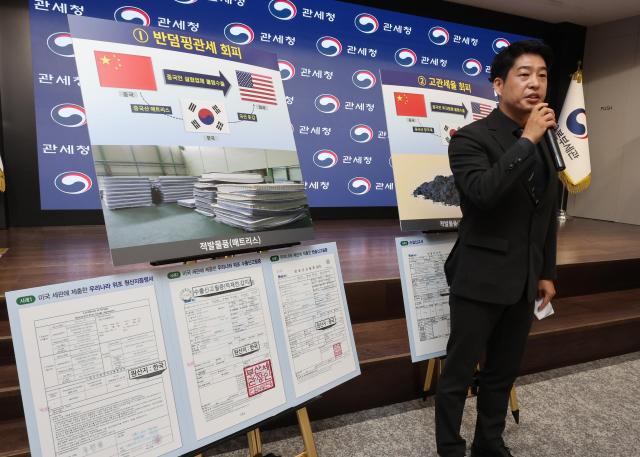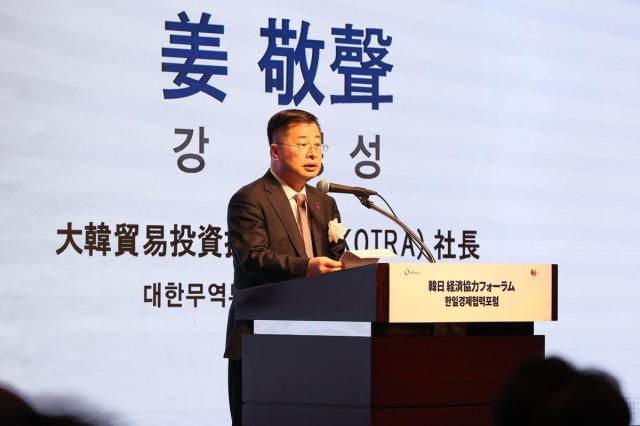
[Gettyimages Bank]
SEOUL -- Solid-state battery technology developed by Samsung researchers for next-generation electric vehicles became a leading keyword in South Korea's business community following rare private talks between the de facto leaders of two big conglomerates, Samsung and Hyundai.
The business meeting between Samsung Electronics vice chairman Jay Y. Lee and Hyundai Motor Group's executive vice chairman Chung Eui-sun was made on Wednesday at the battery plant of Samsung Display in Cheonan, some 80 kilometers (49 miles) south of Seoul. Chung's trip came after Samsung researchers claimed to have developed a prototype pouch cell for high-performance, long-lasting "all-solid-state" batteries.
Samsung has said that the prototype pouch cell would enable an electric vehicle to travel up to 800km on a single charge. A solid-state battery uses solid electrodes and a solid electrolyte, instead of the liquid or polymer gel electrolytes. Compared to flammable liquid electrolytes, solid-state batteries have a lower risk of catching fire. Fewer safety systems are needed, further increasing energy density.
With solid-state batteries, faster charging, higher voltage and longer cycle life are possible. However, challenges to widespread adoption include energy and power density, durability, material costs, sensitivity and stability.
Solid lithium metal anodes in solid-state batteries tend to suffer from the formation and growth of dendrites which can produce undesirable side effects and reduce a battery’s lifespan and safety. Samsung researchers used a silver-carbon (Ag-C) composite layer as the anode to reduce thickness and increase energy density. Samsung said that researchers were able to make their prototype about 50 percent smaller by volume than a conventional lithium-ion battery.
The Hyundai auto group wants premium batteries as it aims to release 44 eco-friendly models by 2025, including 23 full-electric vehicles. So far, Hyundai Motor and its affiliate Kia Motors have used batteries mainly from Samsung SDI's domestic rivals, LG Chem and SK Innovation (SKI).
In December 2019, SKI was selected to provide batteries for the first batch of Hyundai Motor's all-electric crossover utility vehicles installed with a dedicated platform called E-GMP (Electric-Global Modular Platform) that can run up to 500 km on a single charge. Production of Hyundai's first electric model based on E-GMP carrying an 800-volt battery will begin in the first quarter of 2021.
Hyundai and Kia have completed basic design work for E-GMP. The production of electric vehicles installed with E-GMP signals the start of the auto group's full-fledged campaign to replace combustion engines gradually with hydrogen fuel cells and premium electric batteries.
Copyright ⓒ Aju Press All rights reserved.




View more comments